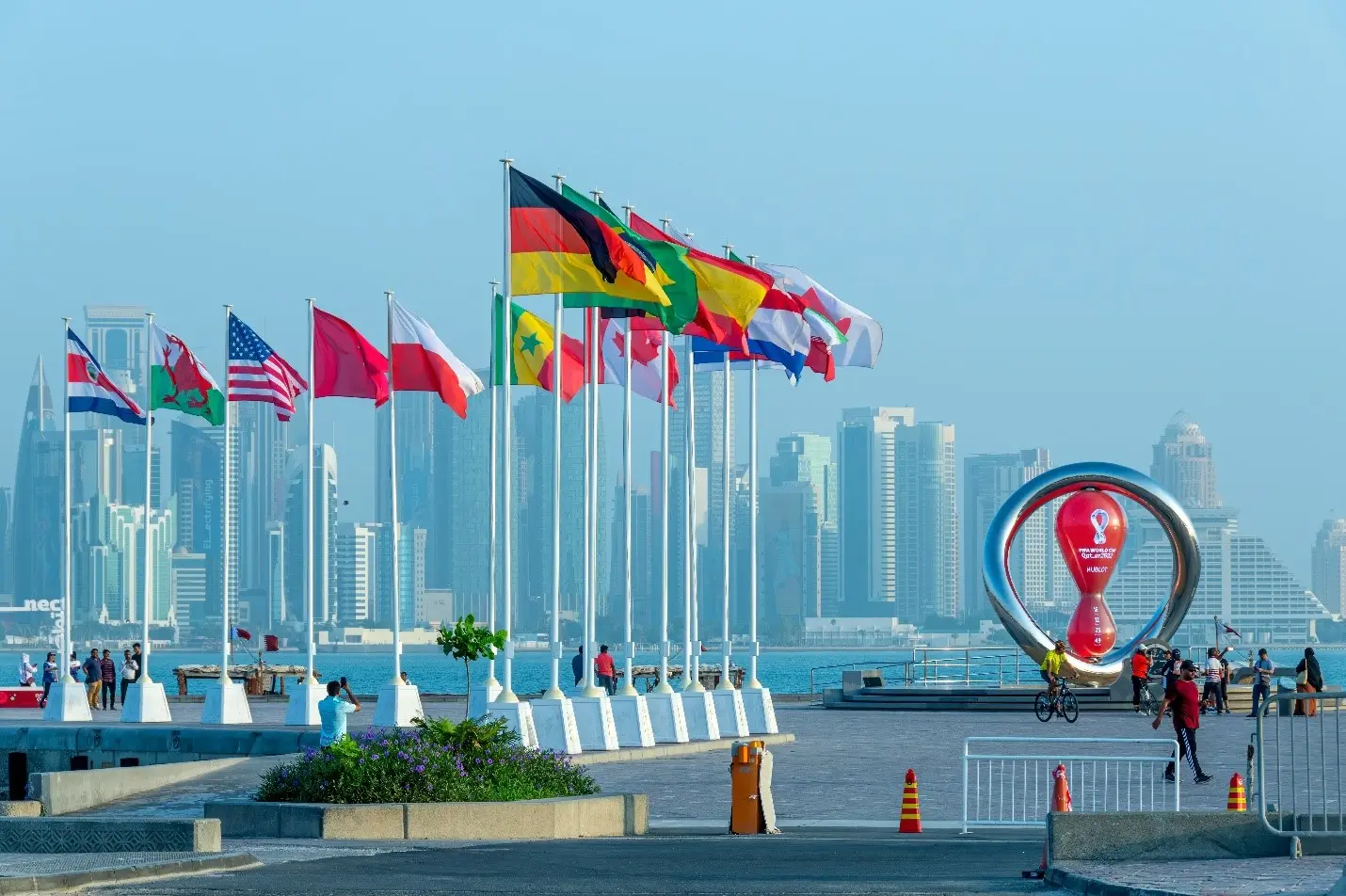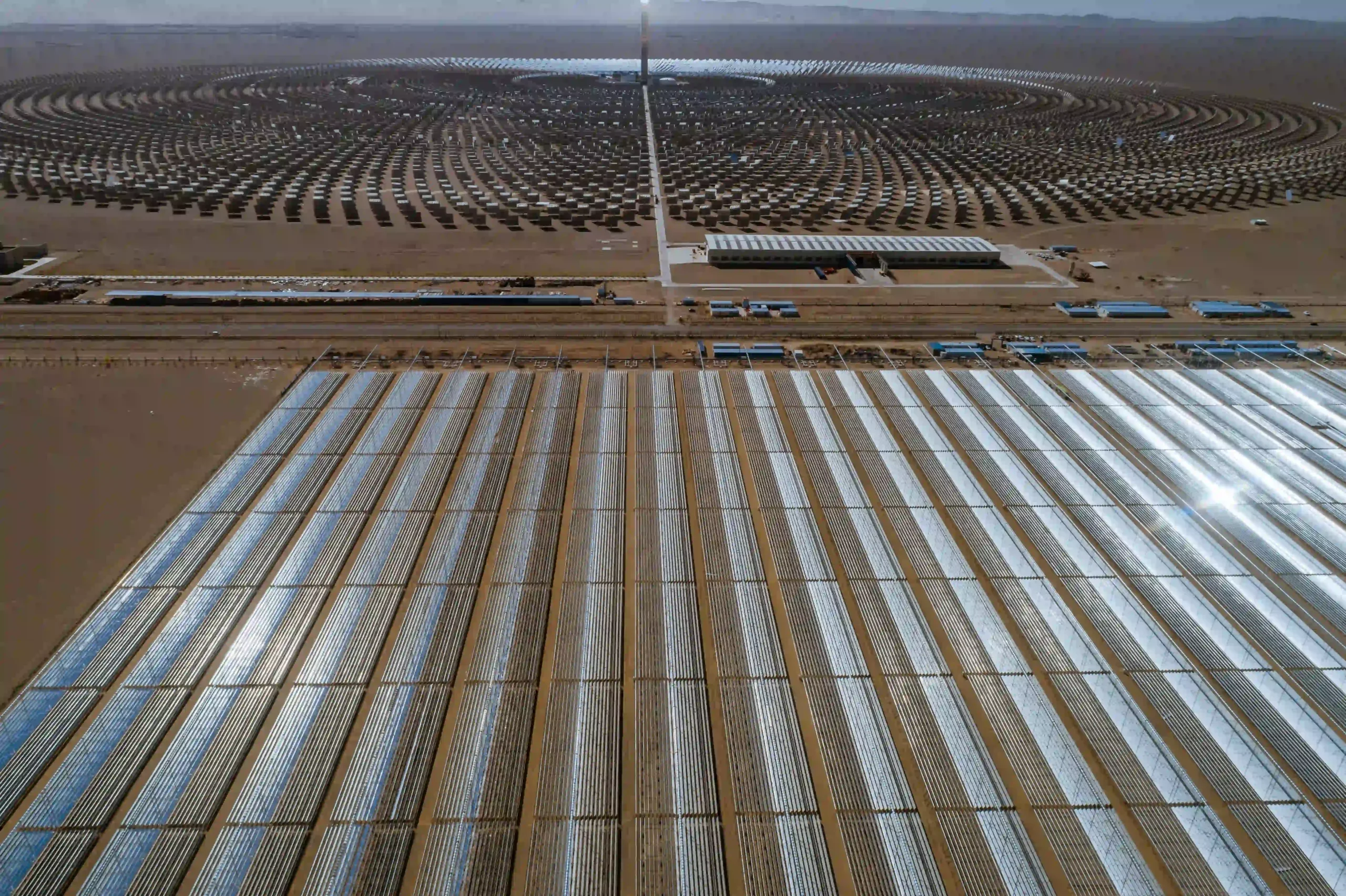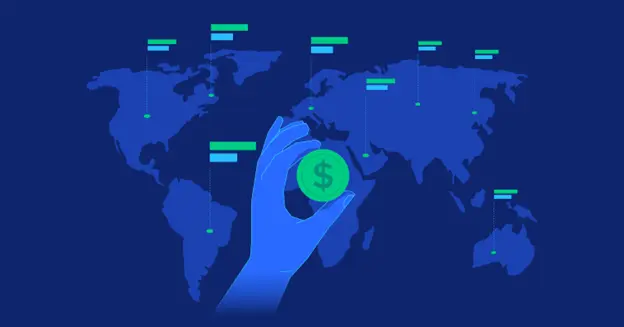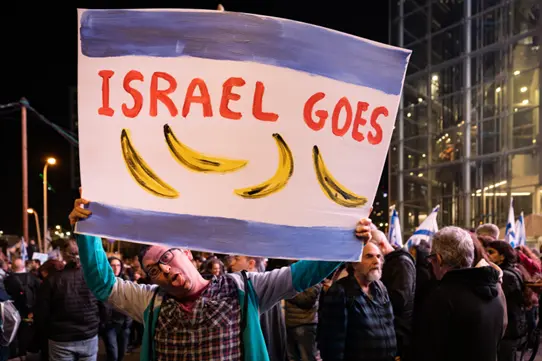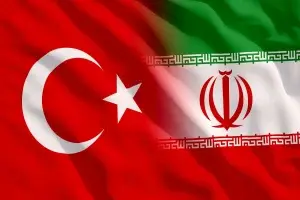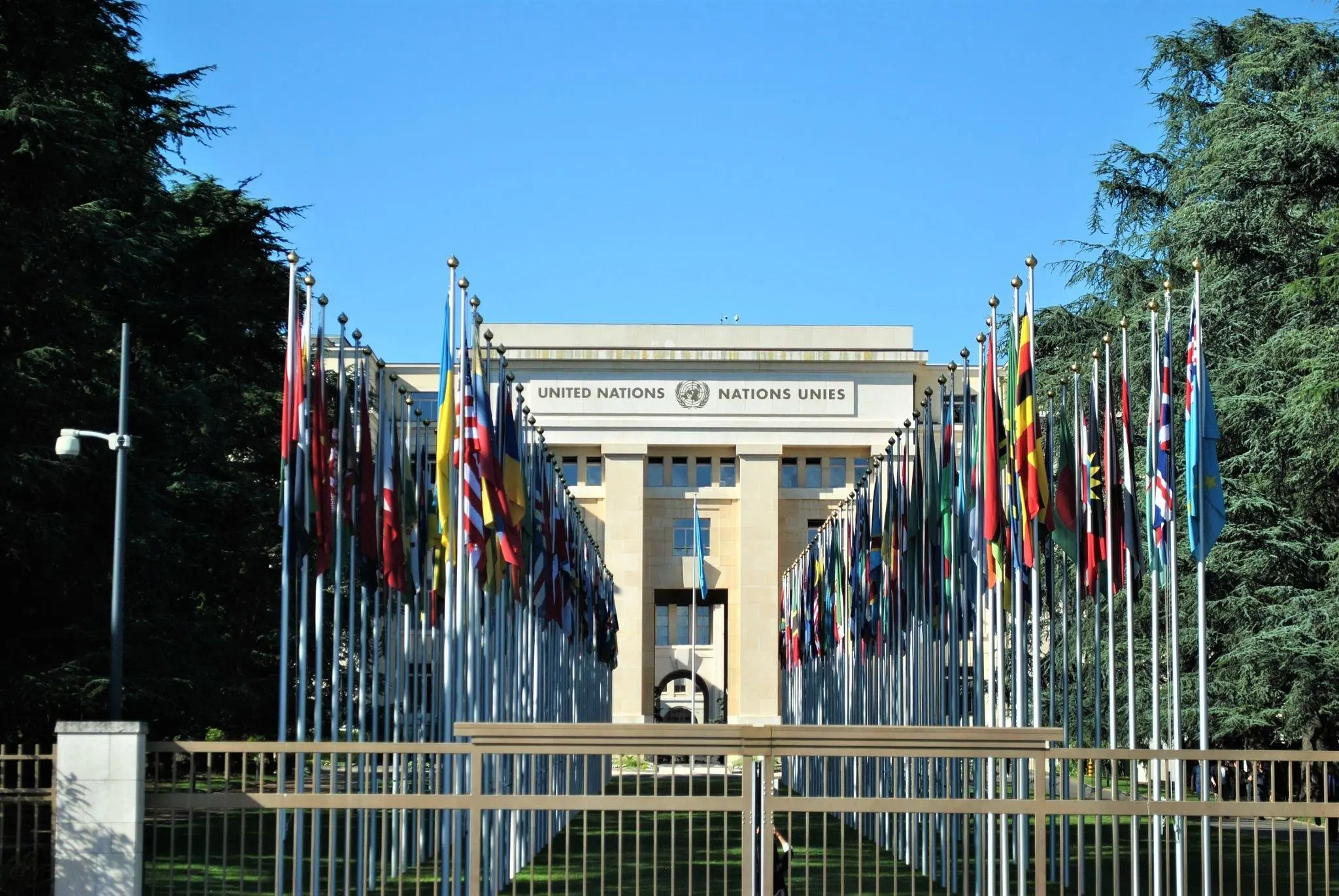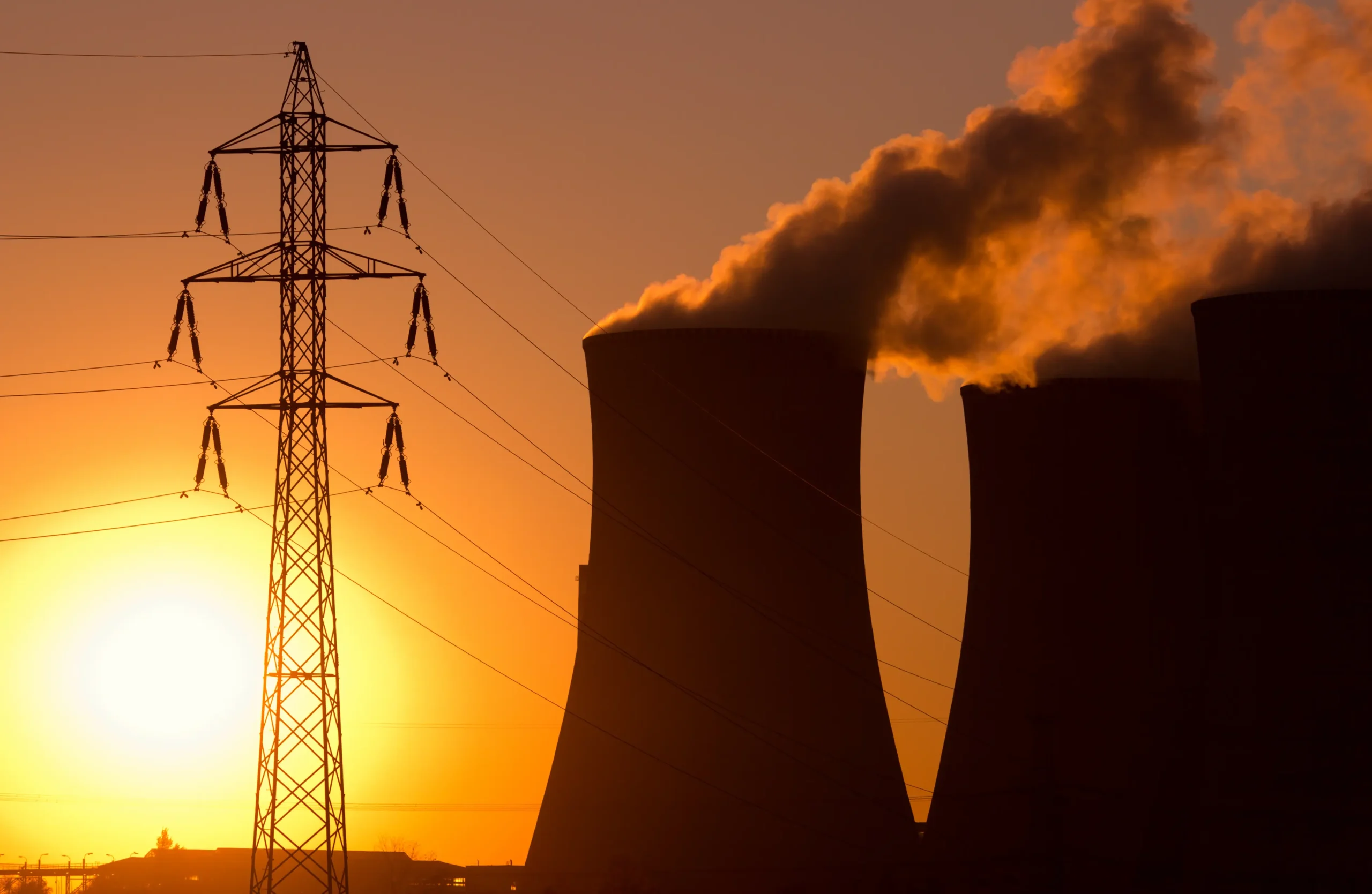29 Mar 2023
Sports Diplomacy: How Do Sports Events Enhance the Reputation of Countries?
The FIFA World Cup in 2022 in Qatar garnered more attention from the international community due to Qatar's ability to change perceptions of it as a nation capable of hosting the biggest sporting events. Many countries have recently sought to host international sports events in an effort to enhance their posture diplomatically, improve their reputation as well as shore up their position within the international community. To that end, “Sports Diplomacy” has been used to achieve understanding and peace among nations and promote the countries’ political and ideological goals. On the other hand, countries exploited sports as an approach aiming at asserting the superiority and strength of the state; for instance, the 1936 Olympic Games were held in Germany, and the 1934 FIFA World Cup was held in Mussolini’s Italy. In other cases, sports played a more constructive role in the 1990s, representing an opportunity for South Africa to surpass the apartheid era and look forward to a better future. For China, sports have played a role in introducing an open policy and a more influential economy.
A state’s reputation is one of the key factors affecting its international relations, as it reflects its global image, influencing its recognition and interaction with other countries. With sports diplomacy, states could carry out several interests, such as boosting diplomatic ties with other states, raising the degree of understanding and cooperation among people and governments, and improving the state's public image globally. In other words, sports diplomacy is an effective tool for attaining diplomatic goals and promoting the state’s reputation worldwide. This analysis seeks to shed more light on the link between sports diplomacy and the state’s reputation and how the state’s stance in the international community is enhanced by sports diplomacy.
28 Mar 2023
Navigating Climate Risk in the Era of Green Transition
Growing climate risks in the MENA region pose a number of threats to the investment environment, which could jeopardise both current and future economic plans. While the progress that countries in the region have made by establishing climate action strategies and confirming their commitment to the green transition has signalled to investors that there is a market for mitigation and adaptation technologies, the impact of climate change may be moving at a faster pace. Forecasts show that temperatures in the region have been increasing at double the rate of the global average and that by 2050 they may increase by 4 degrees; potentially making many cities uninhabitable. In the next few years, it is likely that MENA countries will be faced with the challenge of simultaneously managing the impact of extreme weather conditions alongside the risks accompanying the transition towards emission reductions and sustainability policies. Are the region’s economies ready to navigate the impact that climate risks could have on investments and growth? And what could this mean for investments needed to support the growth of new technologies for the green transition?
26 Mar 2023
Rise of GCC Sovereign Wealth Funds: Magic Wand?
A sovereign wealth fund is a state-owned investment fund comprised of money generated by the government, often derived from a country's surplus reserves. Over the last decade, sovereign wealth funds (SWFs) have sharply grown; this is particularly the case of the Gulf Cooperation Council (GCC) SWFs who have invested worldwide with a special focus on developed countries, and whose accumulated assets have dramatically increased in the last ten years due to several factors. Therefore, it is necessary to study the characteristics of GCC SWFs, as well as to assess the factors behind their growing role and their future trends.
2 Mar 2023
In the Eye of the Storm: Food Security in MENA Region
According to a report by the United Nations Food and Agriculture Organization (FAO) on the state of food security and nutrition in the world in 2022, it is estimated that between 702 and 828 million people were affected by hunger in 2021, consisting of 278 million people in Africa, 425 million in Asia, and 56.5 million in Latin America and the Caribbean. The number has grown by about 150 million since the outbreak of Covid-19. The Russia-Ukraine War, involving two of the biggest producers in agriculture and staple cereals globally, is disrupting supply chains and further affecting global grain, fertilizer, and energy prices, leading to shortages and fuelling even higher food price inflation. Additionally, food security is a significant challenge in the Arab region, which is facing rising economic, socio-political, and environmental challenges impacting the food security of its growing population.
Hence, our study has examined the factors that affect food security, and our analysis allowed us to determine the top five factors affecting food security: climate change, conflict, overpopulation, inflation, and scarce resources. The study will analyze each factor separately and their effect on food security globally and in many regions, with a focus on the Arab region. Secondly, the study will analyze factors of food insecurity separately and its impact on four significant countries: Egypt, the United Arab Emirates, the Kingdom of Saudi Arabia, and Jordan.
We found that the factors we examined have mainly negative effects on food security, with the exception of climate change, which will positively affect some regions for the time being, and natural resources, which has some aspects that effect food security positively. Additionally, we found that the factors are interconnected since for example, conflict negatively affects food security, and it could increase food prices, as in the current Russia-Ukraine War. Likewise, the adverse impacts of climate change are expected to raise food prices further and dampen the region’s food demand translating into direct increases in malnutrition levels.
Finally, after reviewing the effects of factors on food security, we elaborated some recommendations in order to deal with the adverse effects.
1 Mar 2023
Have Netanyahu’s Judicial Reforms Opened an Existential Can of Worms?
Israel’s proclaimed status as the only democracy in the Middle East is coming into question as enraged Israelis take to the streets to protest the governments’ most recent proposals. Netanyahu’s controversial right-wing government’s attempt to overhaul the judiciary has intensified polarization and widened the longstanding gaps between the right and left as well as the secular and the religious segments of society. The proposed law, which would allow the government to override court decisions by a simple majority and make its own judicial appointments, has already passed votes in a session of the Knesset Law and Constitution Committee to go to its first reading at the Knesset on February 20th, supposedly leaving time for the sides to attempt a negotiation process.
However, as trust in political parties and the formal democratic process has declined, protesting until the decision is reversed appears to be the left’s only option as protests continue for the seventh week. Still, whether the outcome is a reversed decision or a prolonged negotiation process, the current situation has arguably been a catalyst for a societal transformation that may have been long overdue for Israelis. For years, many have been asking “what happened to the Israeli left?” but the process currently unfolding may have greater implications. The question now is, how significant is this transformation, to what extent can it penetrate and reshape some of the most deeply rooted elements of Israeli political culture and what impact could this potentially have on the conflict with Palestine?
26 Feb 2023
Stages of Reform: An Egg-Chicken Dilemma
After the so-called Arab spring, different narratives have come out about the reformation and the rebuilding of the Arab states in the aftermath of changing their political systems. However, different narratives coming from global powers such as the European Union endorse the importance of prioritizing democracy for the process of reformation while on the other hand in-depth observation of the current policies of those states reveals that they are prioritizing Economic and military stability over democracy and here comes the paradox; “what should come first in the process of reforming Arab states”. Importantly, if reform necessitates popular satisfaction in order to be sustainable, would democracy still constitute the goal policy makers, supposedly, should work to achieve?
25 Feb 2023
Radical Transformations: Repercussions of Russian Oil Price Cap on Global Energy Trade Paths
In February 2023, the European Union (EU) agreed to set a price cap on Russian refined oil products at $100 per barrel. The EU also set the price cap on Russian crude oil at $45 after setting it at $60 per barrel in cooperation with the Group of Seven (G7) countries in early December 2022, according to a periodic review every two months.
The European decision aims to control energy prices generally and stop price fluctuations that have affected global markets since the Covid-19 pandemic and the following events, particularly the commodity supercycle and the Russian-Ukrainian war. Furthermore, the Europeans aim to cut off the funding sources from the Russian federal budget that funds the military operation in Ukraine. In 2021, Russia exported oil worth around $212.4 billion of its $492.3 billion total exports to the rest of the world.
In response, the Russian government issued a decree on December 28, 2022, prohibiting the export of crude oil and petroleum products to countries with imposed price caps. Europe is the third-largest oil importer in the world after China and the United States. Conversely, Russia ranks first on the list of suppliers to the European continent while ranking second worldwide regarding oil exports. Therefore, we track in this article how the price cap decision may alter the global energy transmission paths.
20 Feb 2023
Türkiye and Iran: A Marriage of Inconvenience
The bilateral relations between Türkiye and Iran have always been one of the most unique in the world of international relations. Although pigmented with a number of clashes over several issues, ad-hoc points of cooperation intervene to stand in the face of building an animosity between the two states. With geopolitical changes taking place recently, it deserves to study whether the “marriage of inconvenience” between the two states will continue or it will at some point be disrupted. In this analysis, both points of contention and cooperation will be discussed showing the shape the relations between the two states have been taking paving the way for understanding the persistence of the current pattern.
14 Feb 2023
New Gulf: Russo-Ukrainian War and Emergence of North Africa’s Energy Sector
The Russian-Ukrainian war created significant uncertainty in the world’s energy markets and disrupted trade relations between the second-largest energy exporter and the second-largest energy importer. This disruption strongly signals a shift in the global energy supply chains, as indicated in a previous analysis. In the short term, Europe is expected to turn to the Arab Gulf to fill the gap left by the lack of Russian energy products.
However, in the long term, Europe will need to find sources that are highly sustainable, affordable, and less harmful to the environment than oil. This is because petroleum usage is incompatible with the European Green Deal (EGD), which aims to achieve carbon neutrality for the entire European continent by 2050. Furthermore, the EGD seeks to reduce greenhouse gas emissions from the mainland by around 55% below 1990 levels by 2030, which is unattainable with continued oil usage.
As a result, Europe will turn to its neighbours, particularly those in North Africa, who possess a variety of energy sources that can help it achieves its objectives and guarantee energy sustainability. Thus, this article explores Europe’s energy requirements and assesses the potential of North Africa’s energy resources to meet these requirements.
5 Feb 2023
Double Standards: Signs of Denying Lebanon the Right to Vote in the UN
The recent statement by UN Secretary-General António Guterres on January 17, 2023, that Lebanon and eight other countries will lose their right to vote in the UN sparked various concerns about the standards used to make this decision. Looking at the disenfranchised list, we find common problems in these countries. Some countries—like Somalia, South Sudan, and Lebanon—suffer from political and economic crises, while others—like Venezuela—suffer from economic sanctions that have wreaked havoc on their economies. Such a decision highlights how crucial it is to link democracy with justice and raises whether the countries’ rights depend on their financial resources. Is it unacceptable for underdeveloped and distressed countries to participate in international forums and voice their thoughts? Some other countries violated, and continue to break, International Law and the UN Charter; however, they enjoy their voting rights. In addition, the UN is the primary international platform where countries seek to resolve their differences without resorting to conflict. Countries have to participate in this entity to make their voices heard in the global community; if they are excluded, they will assume individual responsibility for forging solid alliances and searching for alternative sources of communication with the rest of the worldwide community.
The current analysis aims to evaluate the provisions and procedures on which the nine countries were denied the right to vote to determine the key drivers of the decision and how the nine denied countries may restore their voting rights.
12 Jan 2023
The Future of Youth in the Post-Oil Era: The Case of the United Arab Emirates and Kingdom of Saudi Arabia
One of the most critical issues currently facing the Middle East is the changing composition of its demographic structure. A massive cohort of young people — known as a youth bulge — is challenging policymakers, with youth policies affecting security, education, the labour market, and welfare programs, among other areas. Given the relative stability and wealth of the Gulf states, this is an issue that is not often associated with the region. However, handling a growing young population is just as challenging in the Gulf.
The Gulf is one of the wealthiest regions worldwide; in terms of GDP per capita, it is distinctive due to its unique hydrocarbon reserves compared to a relatively small national population. Gulf states rely on oil revenue — to varying degrees — to attract private investors and provide extensive public services and subsidies to nationals. With not enough diversification in their economies, government spending in the Gulf states will continue to be a barrier to economic diversification. To sustain the high standard of living attained by Emirati and Saudi societies to the youth and the coming generations, the two countries must set strategies and plans to integrate youth while continuing to diversify their economies away from oil. This study explores the impact of the post-oil reforms and strategy on the youth, including education, employment, social contract, and identity.
The study applies Late Rentier State Theory to analyse the relationship between youth, the Emirati and Saudi states, the post-oil reforms, and their future trajectories. The analysis is guided by some of the characteristics identified by Late RST which focus on the impact of globalization, modernization policies, diversification, the state’s encouragement of entrepreneurship, and the sustainability of their strategies with regards to the extent to which they accommodate youth’s needs and account for changing societal structures and expectations.
While the study does not refute the youth bulge hypothesis, which contends that states where young adults constitute a large proportion of the population are expected to face an elevated risk of political violence and interstate conflict, widely used in the literature; it adds to it by proposing that while those risks exist, they can be alleviated under certain circumstances. Those circumstances include policies and strategies to be taken by governments that are relevant to youth needs and the surrounding environment. Namely, taking into consideration both agency and structure.
The study finds that, for the United Arab Emirates, the results of education and Emiratisation policies are likely to shape the shifting social contract between young Emiratis and the government, and could lead to a range of outcomes, from the promising- a population of empowered, educated, and skilled Emirati youth- to the stagnant- disappointed and apathetic youth persistent in their preference of the public sector- to the more worrisome- yet unlikely- active opposition by dissatisfied youth.
With regards to the Kingdom Saudi Arabia, the study finds that while the government is investing massively in educational and employment reforms, young Saudis need to adopt entrepreneurial values and work ethic to ensure the success of “Neo-Saudism". This in turn requires a certain level of responsiveness from the government and possibly more opportunities for youth to participate in decision making in the near future. The speed of change and the extent to which youth’s values and perspectives may clash with those of older generations is yet to be determined. The real challenge for Saudi decision makers and strategists will be in maintaining balance and stable relations between different societal groups.
22 Dec 2022
Securing the Future Generation: A Road Map for Arab Nuclear Cooperation
Nuclear cooperation attracts international and regional attention, many Arab countries have aspired to produce clean nuclear energy and have either begun or are seeking to join the nuclear energy club. The United Arab Emirates (UAE), The Kingdom of Saudi Arabia (KSA) , Egypt, and Jordan, are the frontrunners in the Middle East and therefore will be the focus of this paper. Nuclear power is an international industry in terms of operation, supply chains, and vendors, as well as nuclear safety, non-proliferation and waste management, therefore, there is an ongoing need for cooperation and collaboration between states. This cooperation can include sharing technical expertise and nuclear technology, establishing agreements that facilitate nuclear exports, agreements on nuclear safety and standards, and collaboration with regulatory frameworks.
The paper employs horizontal or environmental scanning to analyse the current position of nuclear energy in each country and their preparedness for nuclear cooperation, as well as existing models of nuclear cooperation in other regions. Thereafter, the paper explores the different incentives countries may have for engaging in nuclear cooperation, including the potential benefits to be gained. A SWOT analysis is used to structure the environmental scanning, evaluating the strengths, weaknesses, opportunities, and threats within each country with regards to their potential role and contribution to nuclear cooperation in addition to an overall SWOT analysis of the countries as a whole with regards to the prospect of ongoing collaboration.
The paper is divided into three chapters; the first chapter provides an overview of nuclear energy in each of the selected countries, the second chapter examines existing models of nuclear cooperation and analyses the different enabling factors which will later be used to identify opportunities for Arab nuclear collaboration, and the third chapter analyses the various economic, political, and security incentives that would drive countries to seek cooperation or that can be used to advocate for greater collaboration among policymakers.
A cooperation model is produced as a result of this analysis, highlighting key characteristics of the ideal regional partnership. Three scenarios for Arab nuclear cooperation are evaluated to demonstrate what could occur if this proposed cooperation occurs, how it would happen, and the scenarios of no collaboration or limited cooperation.
